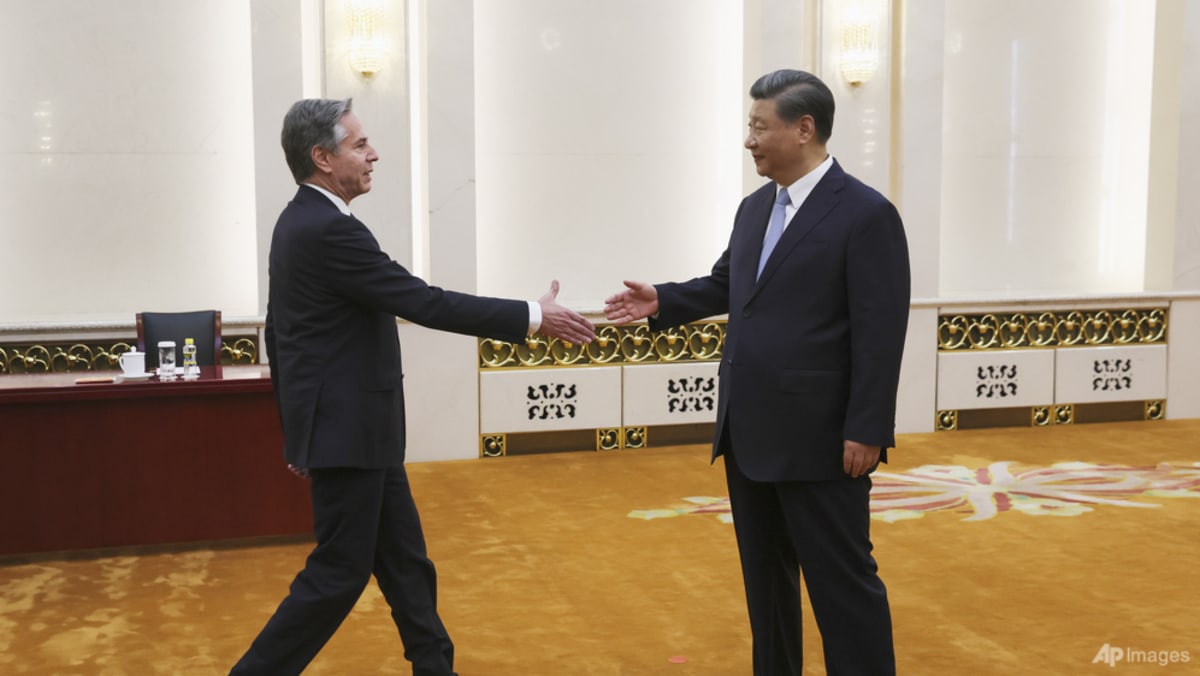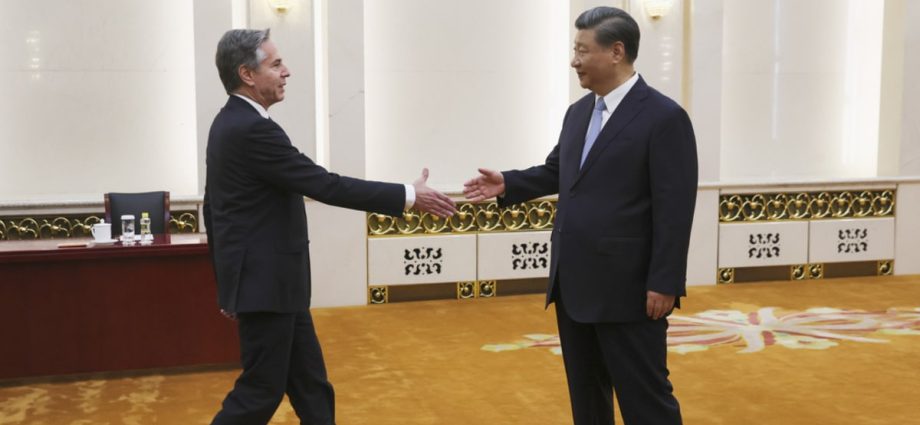
Topics such as Taiwan, the Russian invasion of Ukraine, setting guardrails (especially for the US) and de-risking (instead of “decoupling”, since eschewed by US and G7 leaders) would all be on the agenda.
A breakthrough is unlikely, given the current lack of trust, but being able to “sense-make” the other in understanding how these issues are being spoken about might provide clues as to what policy steps may be possible moving forward.
In other words, a meeting – even in the absence of any clear policy outcomes – between both sides is better than refusing to meet, at the risk of further misunderstandings or suspicions towards one another. As Singapore Foreign Minister Vivian Balakrishnan said when he met Mr Blinken in Washington DC on Saturday, the trip was “essential, but not sufficient”.
We are likely to witness more cycles of ups and downs. Both sides will have their own political calculations to make. So, anxious as the rest of the world may be when it comes to US-China relations, we should not be overly excited about the prospect of change nor be exasperated if things do not move the way we expect.
The hope now is that Mr Blinken’s visit will pave the way for more conversation between Mr Xi and Mr Biden after the two leaders last met on the sidelines of the G20 summit in November 2022. Ultimately, staying in the conversation is still better than not.
Benjamin Ho is an assistant professor and coordinator of the China Programme, S. Rajaratnam School of International Studies.

